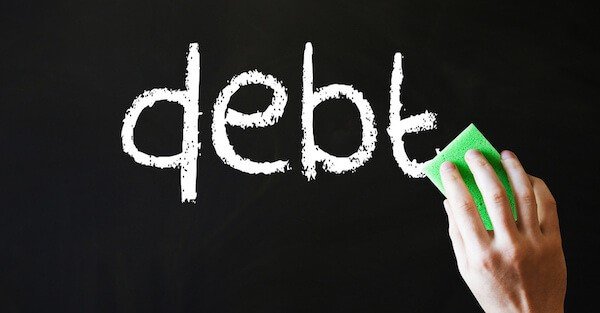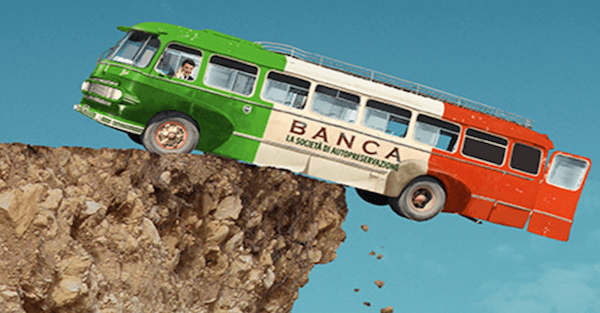Late yesterday afternoon the federal government of the United States announced that the national debt had finally breached the inevitable $20 trillion mark.
This was a long time coming. It should have happened back in March, except that a new debt ceiling was put in place, freezing the national debt.
For the last six months it was essentially illegal for the government to increase the debt.
This is pretty brutal for Uncle Sam. The US government hasn’t run a budget surplus in two decades; they depend on debt in order to keep everything running.
And without the ability to ‘officially’ borrow money, they’ve basically spent the last six months ‘unofficially’ borrowing money by plundering federal pension funds and resorting to what the Treasury Department itself calls “extraordinary measures” to keep the government running.
Late last week the debt ceiling crisis came to a temporary armistice as the government agreed once again to temporarily suspend the debt limit.
Overnight, the national debt soared hundreds of billions of dollars as months of ‘unofficial’ borrowing made its way on to the official books.
The national debt is now $20.1 trillion. That’s larger than the size of the entire US economy.
You’d think this would be front page news with warnings being shouted from the rooftops of America.
Yet curiously the story has scarcely been covered.
Today’s front page of the New York Times tells us about Hurricane Irma, North Korea, and alcoholism in Iran.
Even the Wall Street Journal’s front page has zero mention of this story.
In fairness, the number itself is irrelevant. $20 trillion is merely a big, round, psychologically significant number… but in reality no more important than $19.999 trillion.
The real story isn’t the number or the size of the debt itself. It’s the trend. And it’s not good.
…click on the above link to read the rest of the article…














